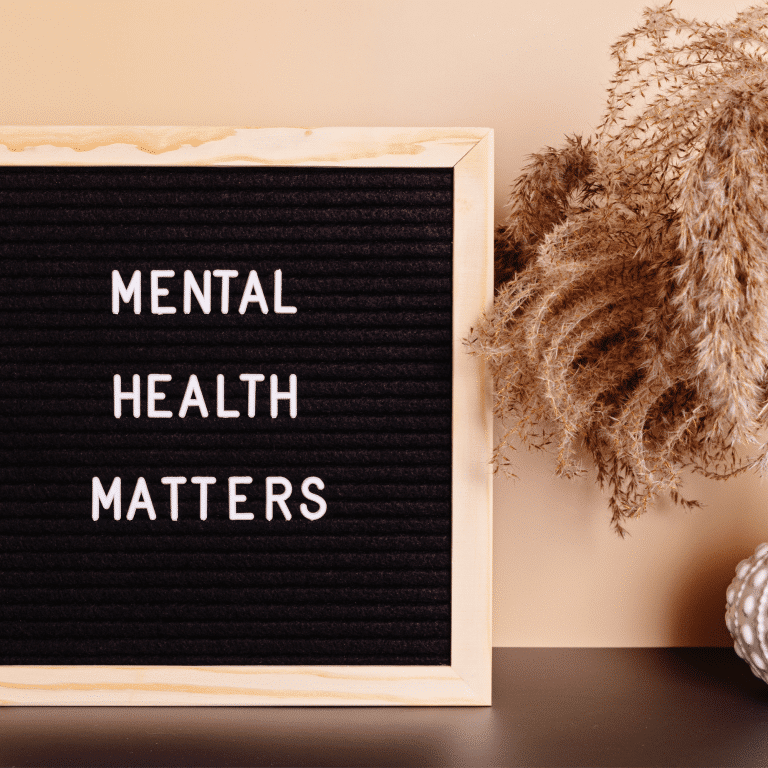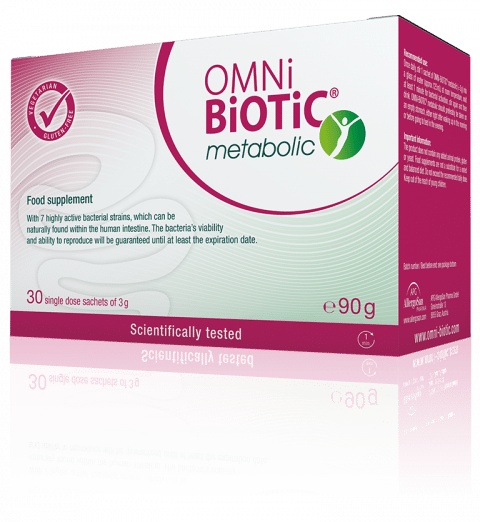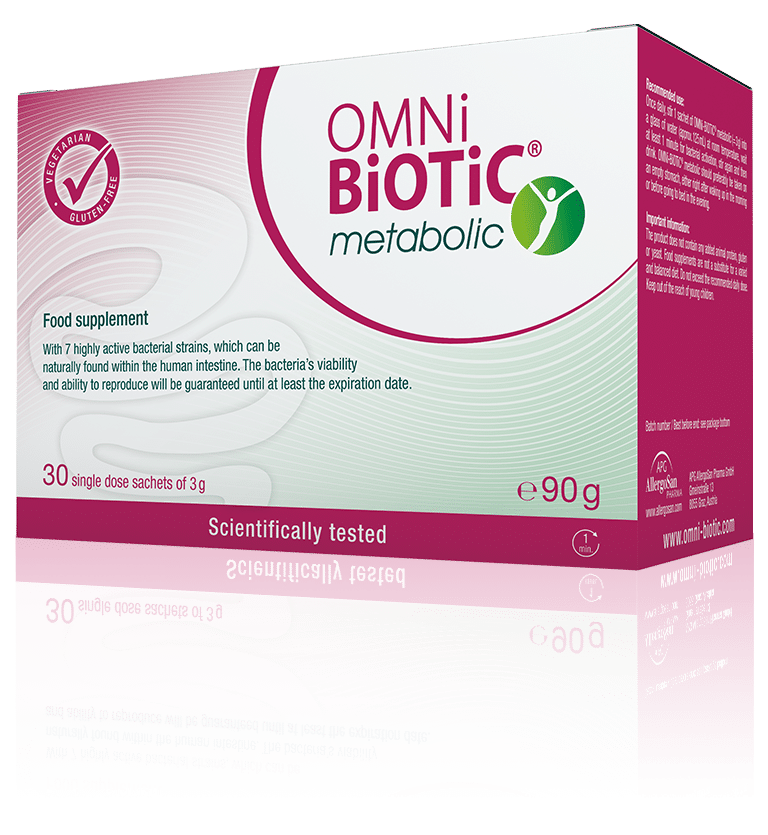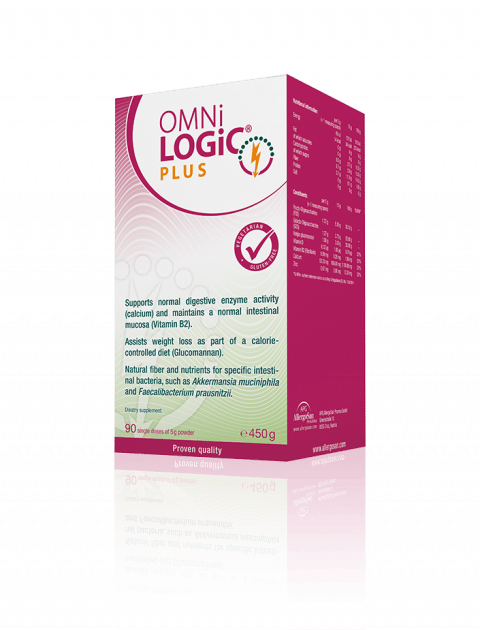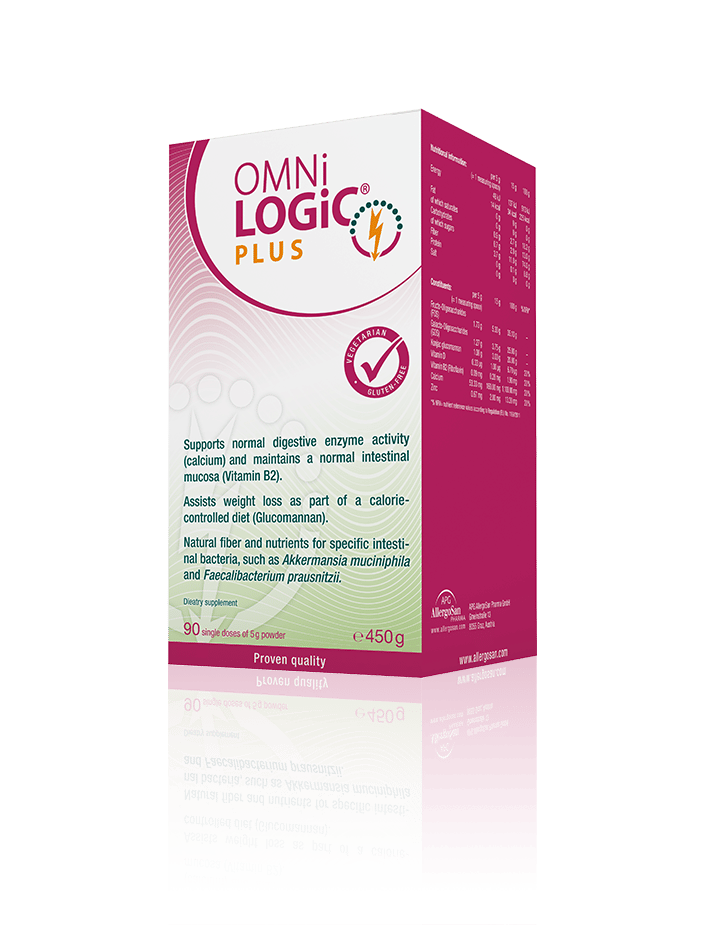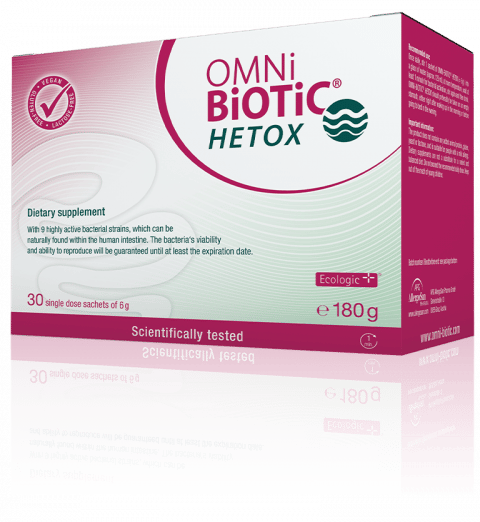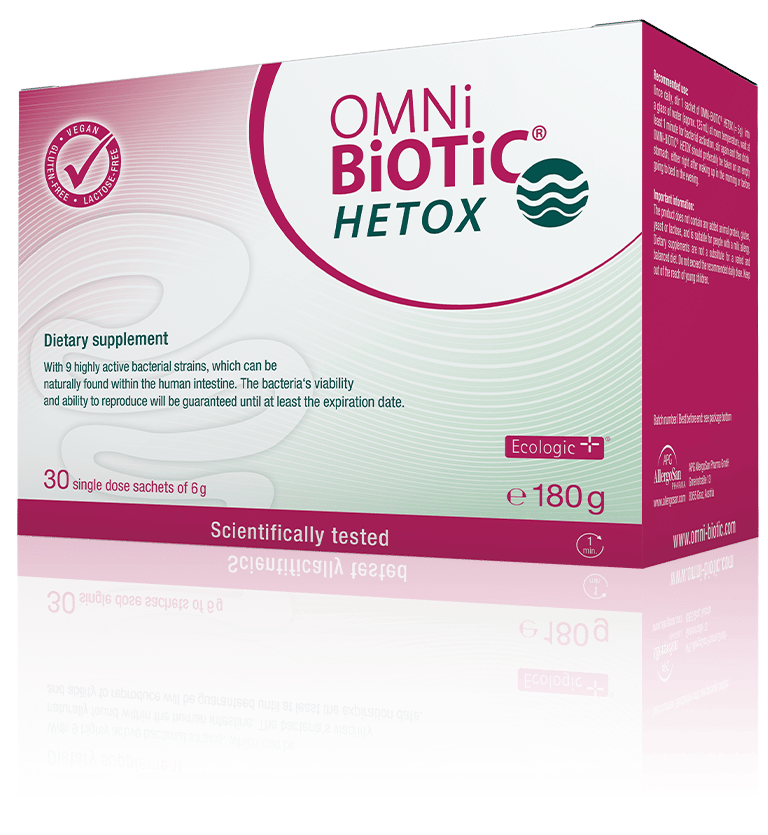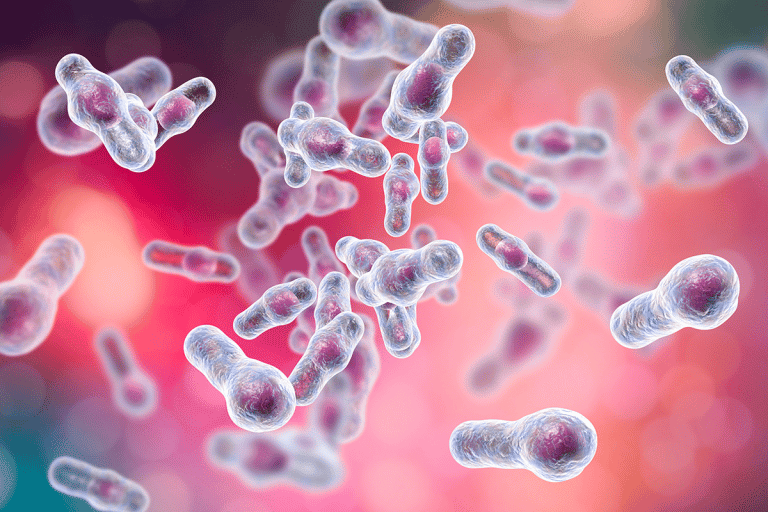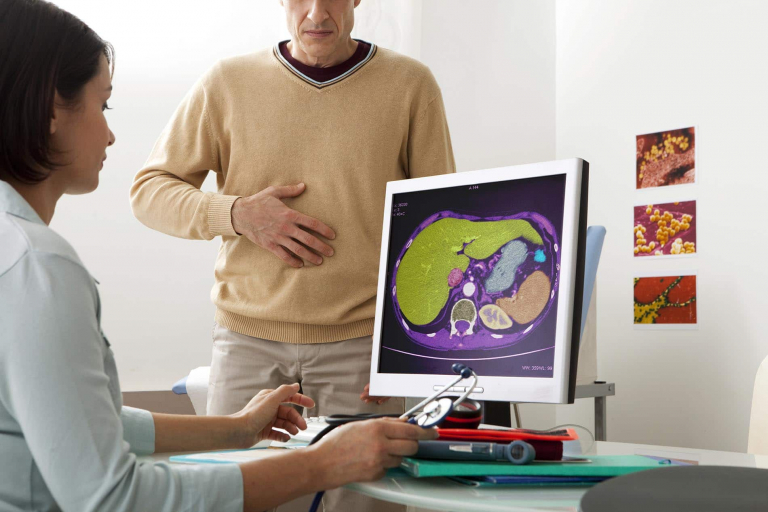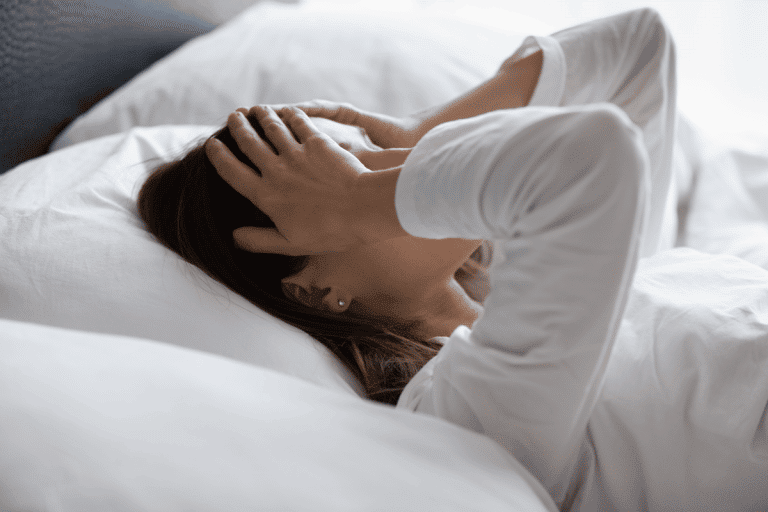
Heidrun Valencak
Microbiome and Depression

Prof. Dr. Eva Reininghaus, MBA*
How is our gut connected to our emotions? What impact does the microbiome have on psychiatric diseases – and how can probiotics play a role? To answer these questions, MA Anita Frauwallner interviewed Prof. Dr Eva Reining from the University Clinic for Psychiatry and Psychotherapeutic Medicine at the Medical University Graz, who is currently gaining new insights with her research concerning the use of probiotics in the field of psychiatry.
Mag. Anita Frauwallner: You deal with many different types of mental illness, especially bipolar disorders and depression, not only in your day-to-day clinical work at the Medical University Graz but also in your research. Often enough we hear the expression „I’m so depressed today“ from friends and family – but what is depression exactly?
Prof. Eva Reininghaus: Everyone has mood swings, it’s completely normal to have some ups and downs – imagine how it would be if we always had the same mood. One of the main symptoms of a real depression is primarily a gloomy or subdued mood. We measure mood swings over time using so-called „Mood Charts“ with the help of mood diaries. Further cardinal symptoms of depression include anhedonia, in other words, losing interest in activities and hobbies that you used to enjoy as well as the loss of energy and motivation. If at least 2 of the main symptoms occur for no less than 14 days, we can safely assume that we have a case of depression. There are also various other symptoms, of which the patient must have at least 2, in order actually diagnose depression. One of these symptoms, which drastically reduces the quality of life, is the inability to concentrate: The patients feel as though they can’t follow a conversation or read a newspaper. Regaining the ability to concentrate after depression is an important factor when returning to work.
Our feelings don’t only affect our intestines, our intestines also affect our feelings.
Mag. Anita Frauwallner: Depression was and is the subject of many studies. Are there any clear causes that you could name?
Prof. Eva Reininghaus: The cause of depression is very complex, and we still don’t understand many of its mechanisms. We do know that genetic predisposition plays a role, however, there isn’t one single gene that is responsible for depression. Trauma or psychological stress suffered over the course of life could be a possible cause, as well as acute or chronic stress. Interestingly, malnutrition during childhood also plays a role.
At the moment, scientists are looking for a cause in the areas of genetics and epigenetics (Note: epigenetics studies which factors influence and determine gene activity and therefore cell development, in other words, to what extent certain environmental factors regulate and activate our genes), as well as the area of oxidative stress. Very interesting and important are chronic inflammations: We assume that certain phases of depression and that of manic-depressive diseases are triggered and sustained by „low grade or silent inflammations“.
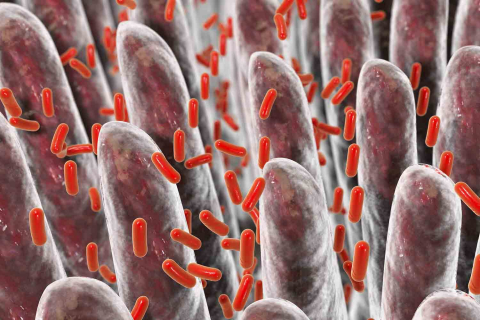
Also very interesting is the influence that obesity has on mental illnesses. Metabolic comorbidities are very common in psychiatrics and many patients are overweight or obese, have diabetes or suffer from cardiovascular diseases, all of which can’t only be blamed on their medication. Several studies show that young people belonging to a risk group for mental diseases are more likely to be overweight and therefore already have a „low-grade inflammation“, which usually occurs with obesity. That is why scientists think that the inflammatory processes in overweight and mentally ill patients mutually reinforce each other: We know, for example, that people with manic-depressive diseases and who are additionally overweight have a worse progression of their mental disease.
Mag. Anita Frauwallner: I know about these silent inflammations from various research papers about many different diseases that originate in the intestines and affect the gut itself as well as the entire organism. These inflammations in the intestines lead to a leaky gut in the intestinal mucosa, which then allows toxins and harmful substances to enter the body unhindered and can even reach the brain. In your opinion, what connections are there between the intestines and the brain and what does the gut have to do with depression?
Prof. Eva Reininghaus: There is a widespread notion that the brain just thinks and that the gut only digests. By now, however, we know that the gut can also „think“: This organ contains millions of nerve cells which form the so-called Enteric Nervous System (ENS) in the intestines which we also refer to as the „stomach-brain“. The ENS has several different functions: Analysing the composition of our food, coordinating the absorption and excretion of different nutrients and controlling various circuits to transfer food. On top of it all, the stomach-brain also controls the balance of inhibitory and excitatory neurotransmitters such as serotonin or noradrenaline. By the way, up to 95% of Serotonin, our „happy hormone“, is produced in the intestines. Our brain and stomach-brain are closely connected in many different ways – and in both directions: This two-way communication operates via nerves, blood and hormones.
We also know that stress damages the intestines and the intestinal mucosa by making it permeable (Leaky Gut) which affects the microbiome. These changes are noticeable in patients with mental illnesses, who probably have a reduced diversity of gut bacteria and an altered production of neurotransmitters, among other things. We were able to prove these changes to the microbiome in our own study involving 32 patients with bipolar disorders: In comparison to mentally healthy subjects, our patients had fewer bacteria strains and the longer the duration of the illness, the more reduced the variety of the microbiome.
One of the most interesting aspects for me was the impact that the intestinal flora had on the microglia cells: These special cells are, so to speak, the garbage disposal in our brains and their maturing process and activation are controlled by the microbiome. All in all, we can definitely say that our microbiome affects our mood. Our feelings don’t only affect our intestines, our intestines also affect our feelings.
Mag. Anita Frauwallner: In the past, there were very few studies that examined the effects of probiotics on depressed patients. You have now started to fill in the gaps with your research and are currently studying the effects of probiotics with special anti-inflammatory strains in patients with different mental illnesses. What have your results been so far?
Prof. Eva Reininghaus: I previously mentioned that the lack of concentration and impaired cognitive performance after a mental disease are the biggest obstacles for patients trying to regain a normal life. That is why we conducted a pilot study involving 25 patients with bipolar disorder, in which each participant was given a probiotic with anti-inflammatory bacterial strains over the course of three months. The patients were all in the so-called euthymic phase (in other words, a neutral mood). In the beginning, we conducted different memory tests after one month and after 3 months of probiotic intake. The evaluation revealed that their mental performance had significantly improved – to the degree in which I was even positively surprised.
The tests measured the patients‘ ability to solve problems and reach conclusions, their processing speed and cognitive flexibility, to which our patients showed a noticeable improvement in most areas. Many of the participants also showed improved digestion as a positive side effect. It goes without saying that further studies are needed since our study wasn’t blinded: In other words, the participants knew which product they received, and there was no placebo group.
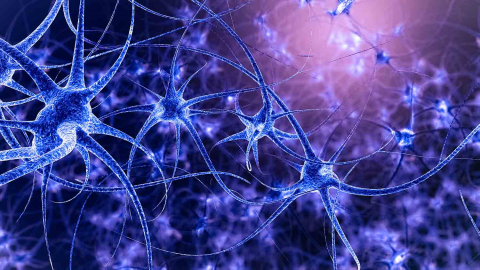
Nerve cells
After the success of our pilot study, we decided to start two further projects. In the first study, we took a look at the effects of probiotics on depression. In the second – placebo-controlled, randomised – study, we evaluated the influence of probiotics on the mind and body of hospitalised patients with depression in order to exactly determine the effects of the probiotics and which possible mechanisms are responsible for the positive changes to our thinking ability. The initial results make us confident that probiotics can have a positive impact on mental diseases and could possibly improve our memory. We just need to confirm these assumptions without a doubt in larger studies.
Mag. Anita Frauwallner: Thank you for the talk! We can’t wait to see the results of your many exciting research projects!
*Prof. Dr Eva Reininghaus, MBA, is a deputy member of the hospital board and head of the research unit for neurobiological basics and anthropometric characteristics of bipolar disorders at the University Clinic for Psychiatry and Psychotherapeutic Medicine in Graz. Her research thoroughly examines the effect of the microbiome and probiotics on psychiatric diseases.
Depression

Depression is one of the most common and also one the most underrated diseases with regard to its importance for the affected and society. According to estimates by the World Health Organisation, depression is one of the diseases that causes the most suffering after cardiovascular problems. Every year, 1-2 new cases arise out of 100 people. Over the course of a lifetime, 16-20% of people develop a form of depression.
A depression can be diagnosed if several main or additional symptoms occur over the period of at least 2 weeks. The severity of the condition (mild, moderate, severe) depends on how many of the following symptoms are found:
Main symptoms
(at least two)
- gloomy, subdued mood
- loss of interest, bleakness (anhedonia)
- lack of motivation, increased fatigue
Additional symptoms
(at least two)
- lack of concentration
- low self-esteem and lack of confidence
- a feeling of guilt and worthlessness
- negative and pessimistic thoughts about the future
- insomnia
- lack of appetite
- self-harm
Depression is well treatable and even curable nowadays. However, residual symptoms can occur such as gastrointestinal disorders, fatigue or difficulties in concentrating. Next to the treatment of acute depressive episodes, it is just as important to prevent the relapse of depression – the risk of a recurrence within the first 2 years is 50%.
